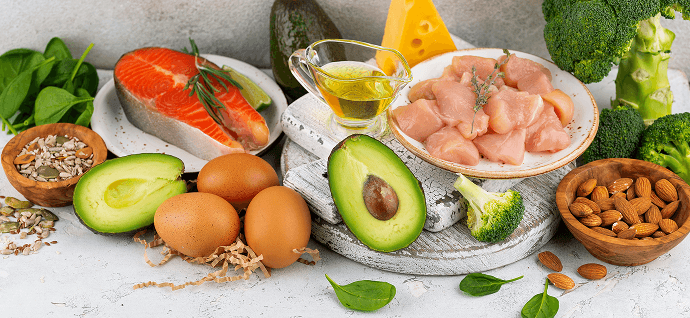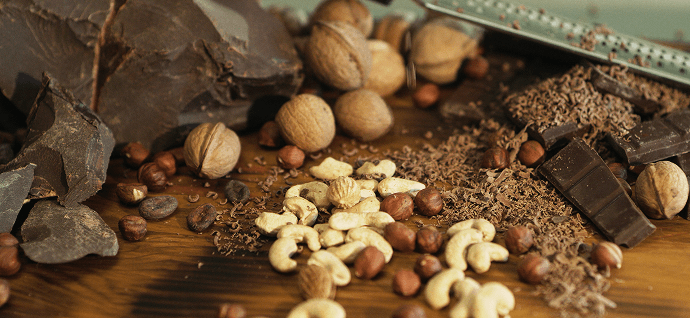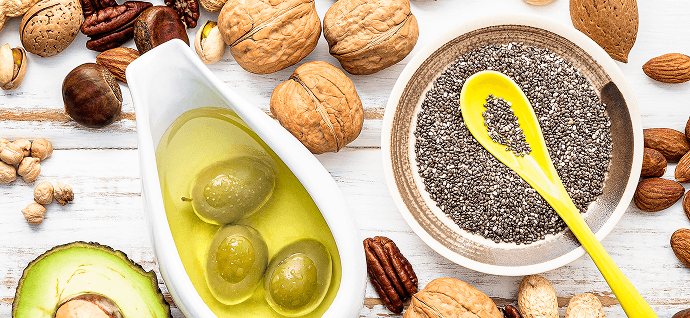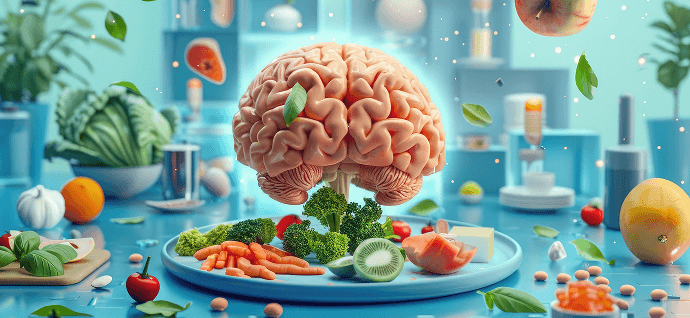
1. Sleep
Think of sleep as a nightly tune-up for your brain. During deep sleep, the brain clears out toxins, consolidates memories, and strengthens neural connections. Without adequate sleep, cognitive function declines, memory weakens, and problem-solving skills suffer. Long-term sleep deprivation is even linked to an increased risk of dementia and neurodegenerative diseases like Alzheimer’s.
To support optimal brain health, aim for 7–9 hours of quality sleep per night. Establishing a consistent sleep schedule, reducing screen time before bed, and creating a relaxing bedtime routine can all improve sleep quality.
2. Cardiovascular Health
Your brain is a high-energy organ, consuming about 20% of your body’s oxygen and calories. That means good blood flow is essential for delivering nutrients and oxygen to keep it running smoothly. Cardiovascular exercise enhances circulation, ensuring that your brain gets the fuel it needs while also reducing the risk of stroke and cognitive decline.
The American Heart Association recommends at least 150–180 minutes of moderate-intensity aerobic exercise per week—think brisk walking, cycling, or swimming. Even small daily activities like taking the stairs or stretching can contribute to better circulation and brain function.
Now that we’ve covered these essential foundations, let’s explore the specific foods that can directly impact brain function and long-term cognitive health.
Key nutrients for brain health
Beyond sleep and exercise, specific nutrients play a crucial role in maintaining brain function and protecting against cognitive decline. To optimize brain health, focus on consuming foods rich in the following key nutrients:
1. Omega-3 fatty acids
Omega-3 fatty acids, particularly DHA (docosahexaenoic acid) and EPA (eicosapentaenoic acid), are fundamental building blocks of brain cells. They help maintain neuron structure, support communication between brain cells, and reduce inflammation, which is a key factor in neurodegenerative diseases.

- Fatty fish such as salmon, mackerel, sardines, and trout
- Chia seeds, flaxseeds, and walnuts
- Algal oil (a plant-based alternative for vegans)
2. Antioxidants
Antioxidants help combat oxidative stress, a process that contributes to brain aging and neurodegenerative conditions. The best sources of antioxidants are:
- Berries (blueberries, strawberries, blackberries) – rich in flavonoids that improve memory
- Dark chocolate – contains flavonols that enhance blood flow to the brain
- Green tea – loaded with polyphenols that may reduce the risk of cognitive decline
3. B Vitamins
B vitamins, especially B6, B12, and folate, play a crucial role in reducing homocysteine levels, which are linked to brain shrinkage and Alzheimer’s disease. Good sources of B vitamins include:
- Leafy greens (spinach, kale, and broccoli)
- Eggs
- Legumes (lentils and chickpeas)
- Whole grains (brown rice, quinoa, and oats)
Magnesium is essential for nerve function and learning, while zinc is crucial for brain signaling and memory formation. These minerals can be found in:
- Nuts and seeds (almonds, pumpkin seeds, cashews)
- Dark chocolate
- Whole grains
Including these brain-boosting foods in your diet consistently can improve cognitive function, memory, and overall brain health.
Why healthy fats matter?
Omega-3 Fatty Acids
Among all dietary fats, omega-3 fatty acids—specifically EPA (eicosapentaenoic acid) and DHA (docosahexaenoic acid)—are essential for brain health.
Why You Need Omega-3s:
- Improve memory and cognitive function
- Reduce inflammation, lowering the risk of neurodegenerative diseases
- Boost mood and mental well-being
- Support heart health, which in turn benefits the brain
Studies suggest that consuming at least 1.5 to 3 grams of EPA per day can improve mood and even work as effectively as some antidepressants—without the side effects. Omega-3s also help protect against age-related cognitive decline.
Best food sources of omega-3s
To get enough omega-3s, try adding these foods to your diet:
Animal-Based Sources (Highest in EPA and DHA):
- Salmon
- Mackerel
- Herring
- Sardines
- Anchovies
- Oysters
- Caviar (super concentrated source)
Plant-Based Sources (Contain ALA, a precursor to EPA & DHA):
- Chia seeds
- Walnuts
- Flaxseeds
- Soybeans
- Algal oil (a direct source of DHA for vegans)
How to get enough omega-3s?
Most people eat too many omega-6 fatty acids (found in processed foods and vegetable oils) and not enough omega-3s. To restore balance, aim for at least 1.5 to 3 grams of EPA daily. If you’re plant-based, make sure you’re getting an algal oil supplement to cover your needs.
Final Thoughts
Your diet plays a major role in keeping your brain sharp and resilient. Eating omega-3-rich foods—whether from fish or plant-based sources—supports brain function, memory, and long-term cognitive health.
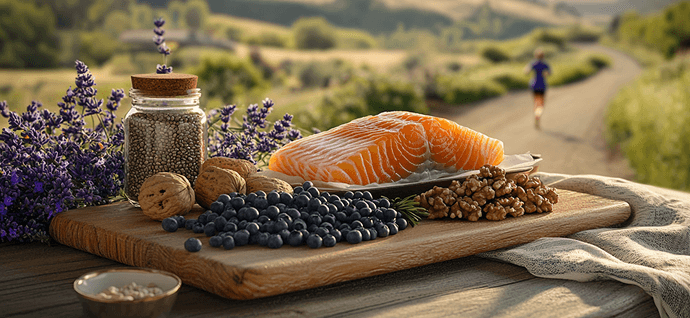
Relevant Articles
-

The Ultiself Definitive Guide to Gut Health
Gut health is not only essential to your overall wellbeing it is key to your mental state and immunity. Read this guide to learn everything you need about optimal gut health.
Mar 30, 2020
View more -

The Ultiself Definitive Guide to Sleep
Sleep may be more important than diet or exercise for health. Improve your sleep with these 22 science backed habits.
Jul 01, 2020
View more -

3 Ways to Use Sunlight to Optimize Your Sleep and Productivity
Sunlight is essential to perform optimally everyday. Learn 3 ways to use sunlight to build your ultimate self.
Dec 04, 2019
View more


